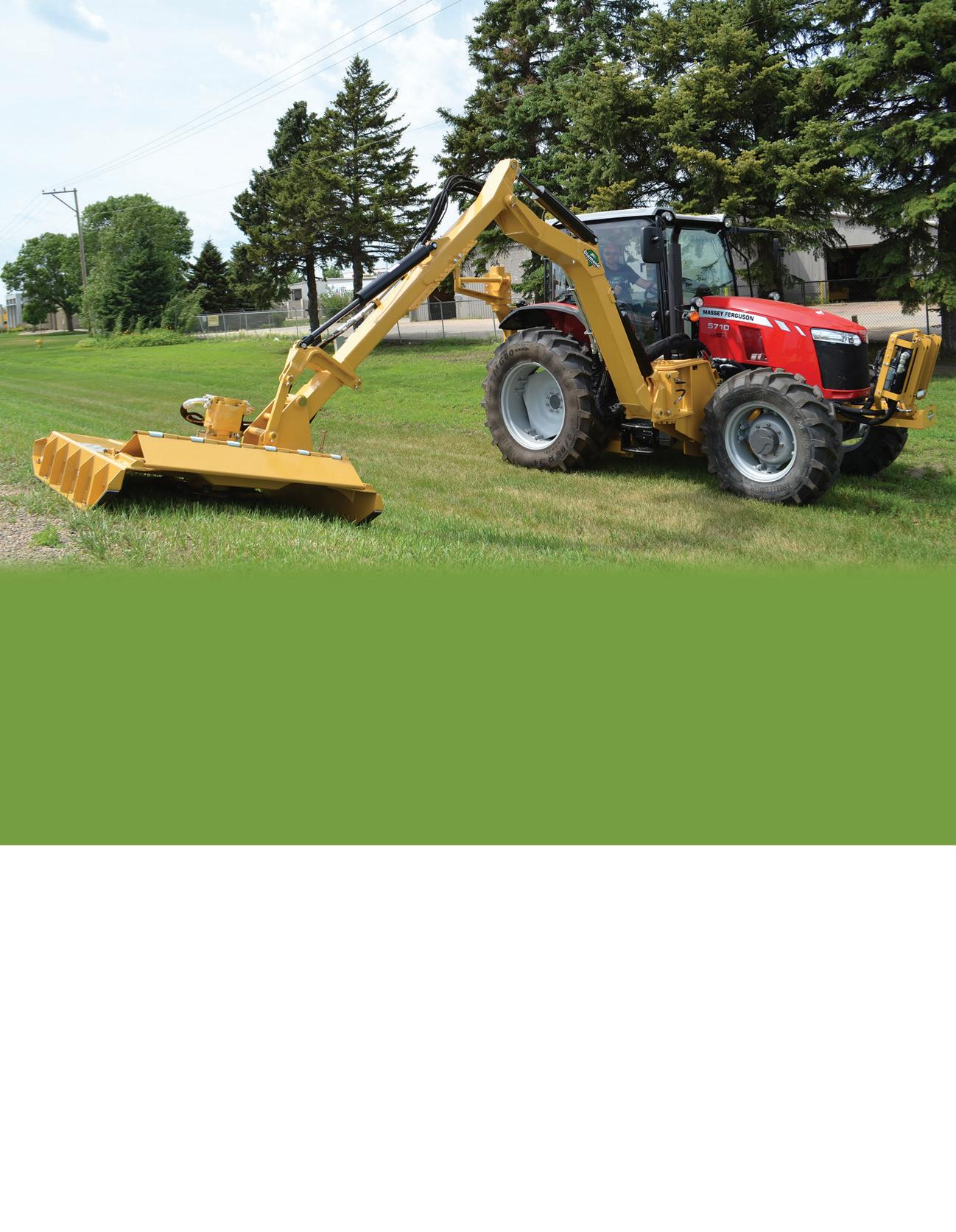




A community’s roads connect us to jobs, healthcare, daily essentials, friends and family — and home. Ergon is proud to provide the materials and support needed to help build and maintain safe roadways across America, connecting us all to what matters most.


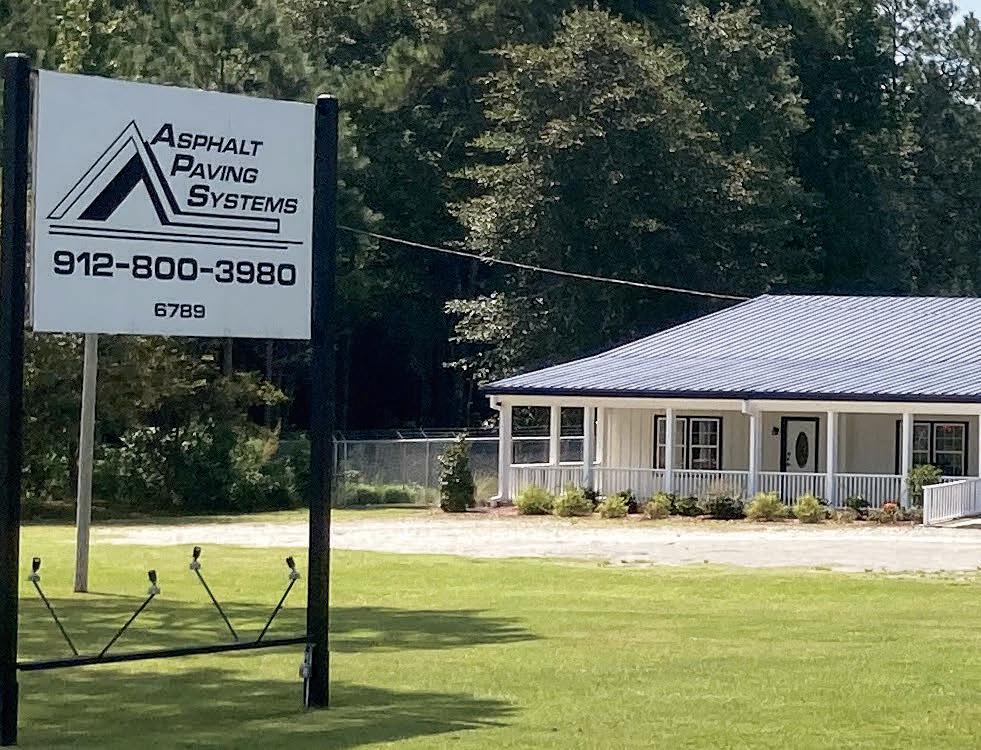

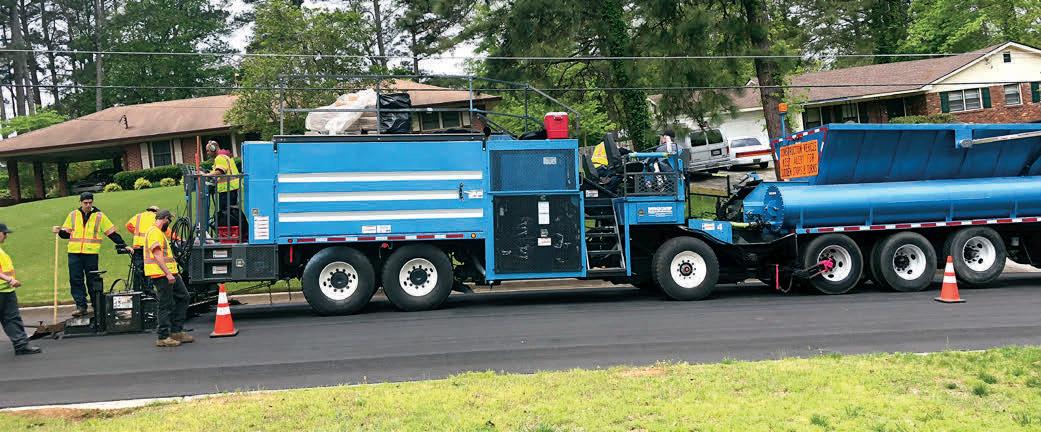

























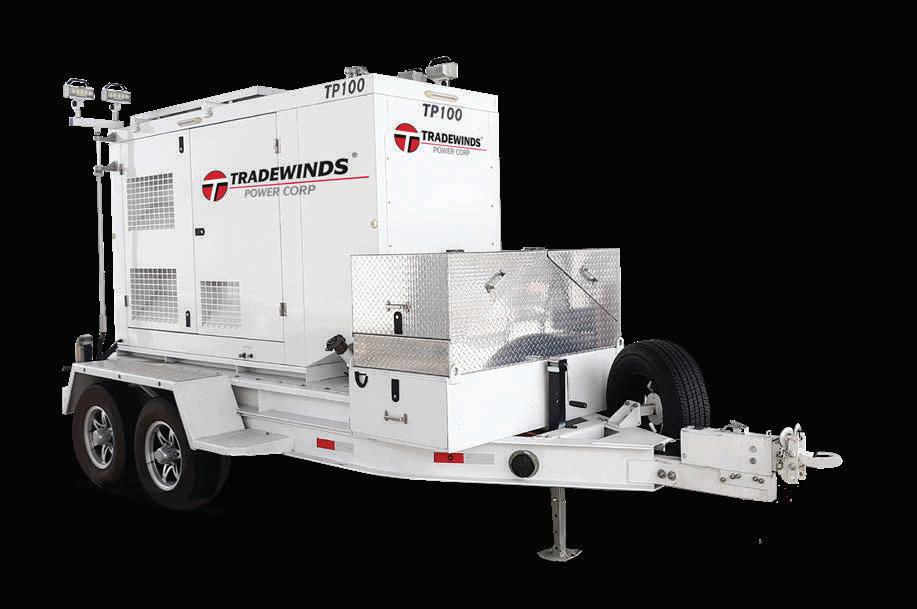
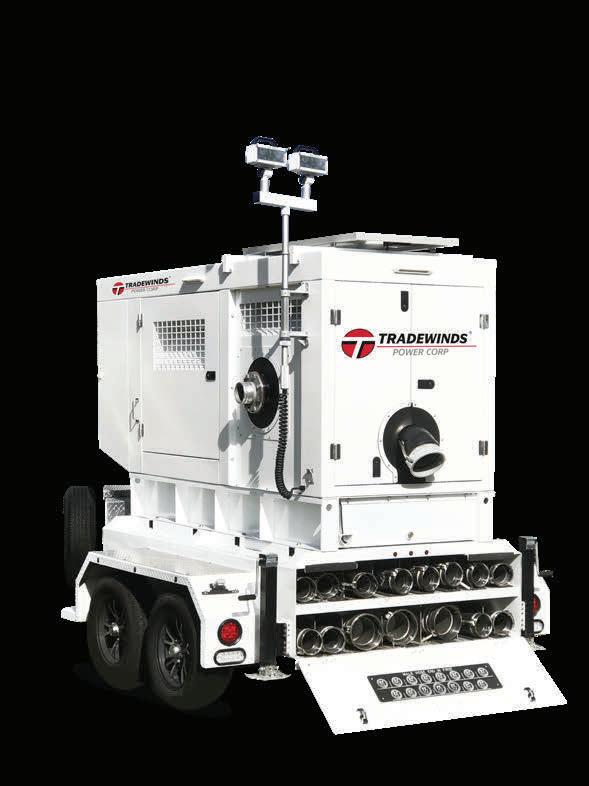

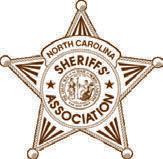


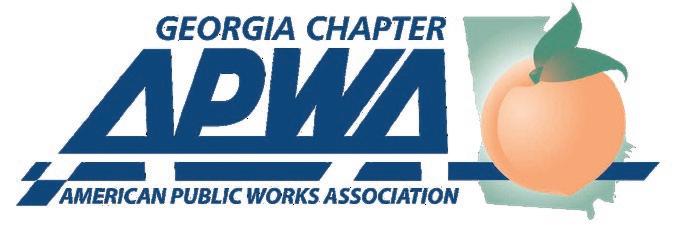
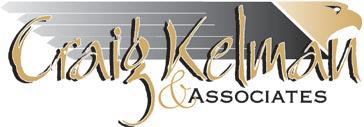









My father always said: “Leave things better than you found them,” and that is how he lived his entire life.
He and my mother modeled this way of life through their involvement and service in our community. They instilled this servant leadership philosophy in our household by always getting involved and actively participating in various organizations. And they did not just volunteer a few hours here and there, they committed their time and sweat equity to making our community better. From providing meals to senior citizens through Meals on Wheels, to working concession stands for booster clubs at our schools, to working with patients and their families in Hospice care, or to volunteering with the Lions Club, they dedicated their lives to serving others.
Have you heard the expression “I won’t ask you to do something I won’t do”? Well, roll up your sleeves and put that into action. Servant leaders lead by example, so if there is something hard to do, jump in there with your team and do it with them.
When I worked at the City of Greensboro, we had a city program where, on a periodic basis, upper and middle management were assigned to a front-line job for the day. On several occasions, the department heads were assigned a crew in their own department and the people they worked with for the day did not have a clue who they were, even though they were the director of the same department!

Dad not only volunteered his time with the Lions Club, but he also served in various leadership positions within the organization, including the position of District Governor. Throughout his volunteerism within this international organization, he was recognized with one of the highest honors by receiving the prestigious Presidential Award, not once, but three times! Check out the photo of my dad receiving one of his Presidential Awards from International President Bill Woolard in 1990. Being a Lion is about leading by example, building relationships and improving the world through kindness. It’s 1.4 million caring men and women serving together so they can make a lasting impact and change more lives.

When caring people join together, roll up their sleeves and take action to make their community better, that is what being a servant leader is all about, and I was overly blessed to have both of my parents model this way of life.
Don’t be that person. If you are a leader within your organization, get to know your people. Meet with them regularly, roll up your sleeves and work with them for the day or visit them on their turf, whether it is in their office or out in the field. During my time as the Engineering Services Director at the City of High Point, I could have had the large back corner office with big windows and a beautiful view, but I chose to sit up front to catch the people coming in that had questions or concerns. I wanted to be seen and I wanted to be accessible to my team.
Have you ever done things and said there has to be a better way? Well, if you are thinking that, then there probably is, and you should explore ways to make it better. But sometimes that may not be the popular choice, and that is where being a leader means making difficult decisions and knowing that, in the end, it will leave things better than you found them.
Here at APWA, we are always looking for ways to make our service to you as members better and to ensure that what we do brings you value. We are currently looking at processes and committees and asking questions to see if some things we do are still relevant. For example, part of APWA’s strategic plan

When caring people join together, roll up their sleeves and take action to make their community better, that is what being a servant leader is all about.
is to look at our committees and review the goal and purpose of the committees, then to ask the difficult questions as to whether it is still relevant and fits within the strategic plan, or if it is time to sunset due to its completion of the goals and purpose. This can be hard for some people to let go and move on; however, sometimes those things need to happen to make it better than before.
As exemplified above, my parents have deeply influenced me in the way I am today. Growing up in that household meant that I witnessed what it means to serve other people on a daily basis. That is how my passion for public works and helping others started.

Serving in public and non-profit organizations is my way of life. Not only have I served in several roles within APWA, but I am also heavily involved in other organizations such as Make-a-Wish, which helps kids with life-threatening conditions. I spend a lot of my time volunteering for the Trailblaze challenge (wish.org/nc/ trailblaze-challenge), where I join others to help train hikers to do the 28.3-mile hike. This fundraiser is a life-changing mental and physical challenge that mirrors the journeys that the wish kids go through from their diagnosis through their treatment. This event leaves me with such gratitude for volunteering and knowing that my service makes a difference.
President Pugh (right) with fellow Make-a-Wish volunteers Ray Matteson and Sasha Lay on-trail during the Trailblaze Challenge.

Servant leadership is about being an example to others, it is about creating value for others, and it is about finding ways to do things better. That is the epitome of public works and you all as public works professionals. Thank you for your services, and for the servant leadership you have provided across the world to make our communities better!
As my dad always said, let us leave things better than we found them.

Can you believe how fast 2022 came and went? I enjoyed seeing and meeting many of you at the Georgia APWA Annual Meeting in Jekyll Island and at PWX in Charlotte, NC back in August. As we reflect at the end of another year, our hybrid format is proving itself as a success model for the Metro Atlanta Branch.
Back in June, we held our first in-person meeting in over two years at the City of Douglasville where we honored Teresa Smith with the Top Ten Public Works Leader of The Year Award. Doug Layton, now the past Region IV
APWA Director presented her with the award. Also in attendance to celebrate this momentous occasion was Past National APWA President Bill Spearman and Past Georgia Chapter Presidents Lawrence Jeter and Shirley Stevenson.
In 2023, we will continue with the hybrid format, offering an in-person meeting with the option to attend virtually, so that anyone interested in participating can do so even if they cannot join in person. We are also looking to partner with local universities who have the available technology to help us host future events. We would like to thank the


City of Douglasville (June 2022), City of Decatur (July 2022), and Kahua Inc. (September 2022) for hosting our in-person meetings so far.
I would also like to once again congratulate the award winners representing the Metro Atlanta Branch down in Jekyll Island back in August. My time is winding down as President, and while it will be sad to step away from this
SOUTHWEST
NORTHWEST
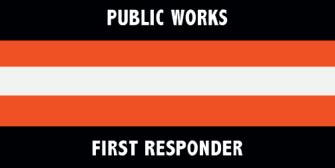
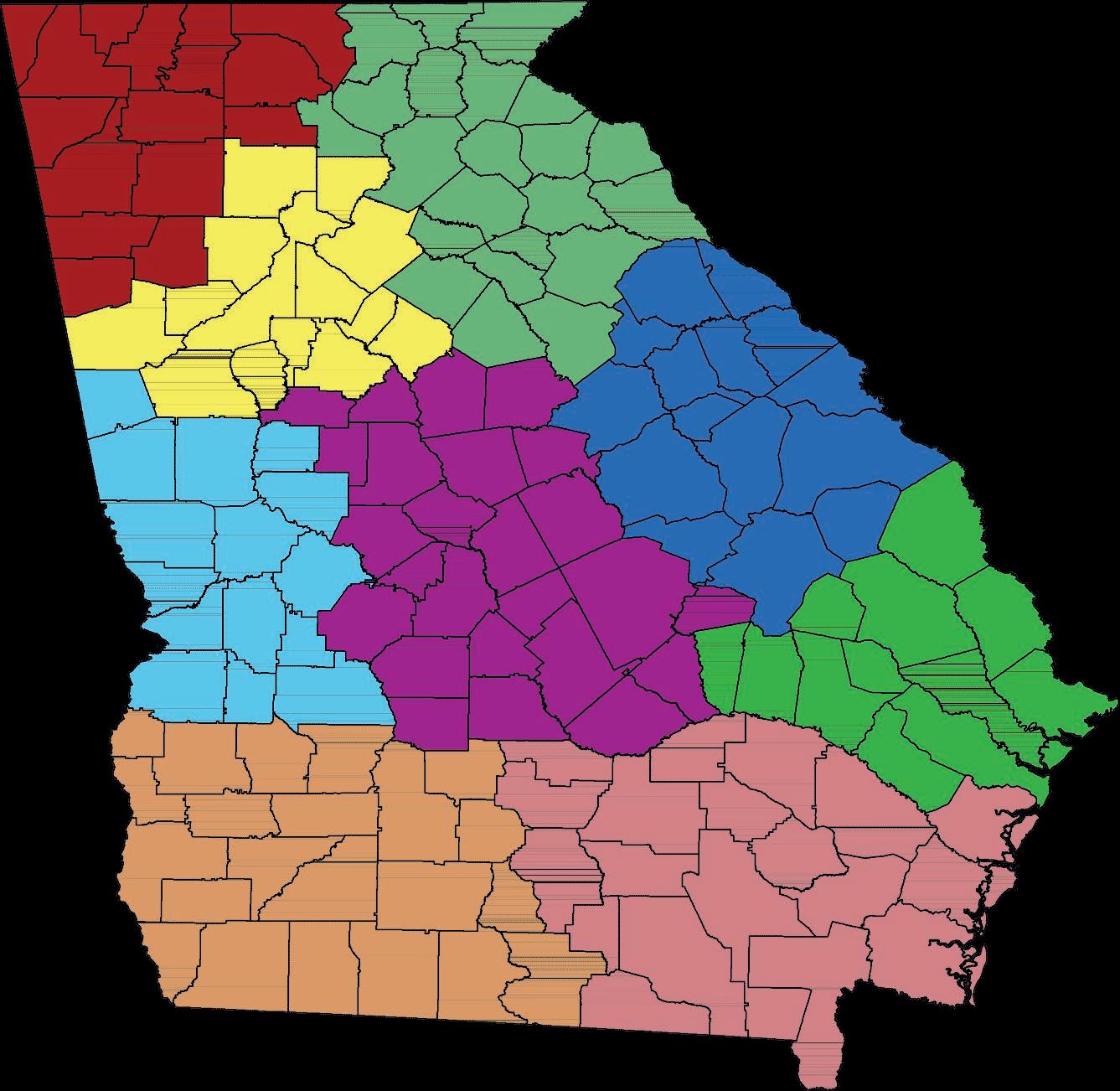
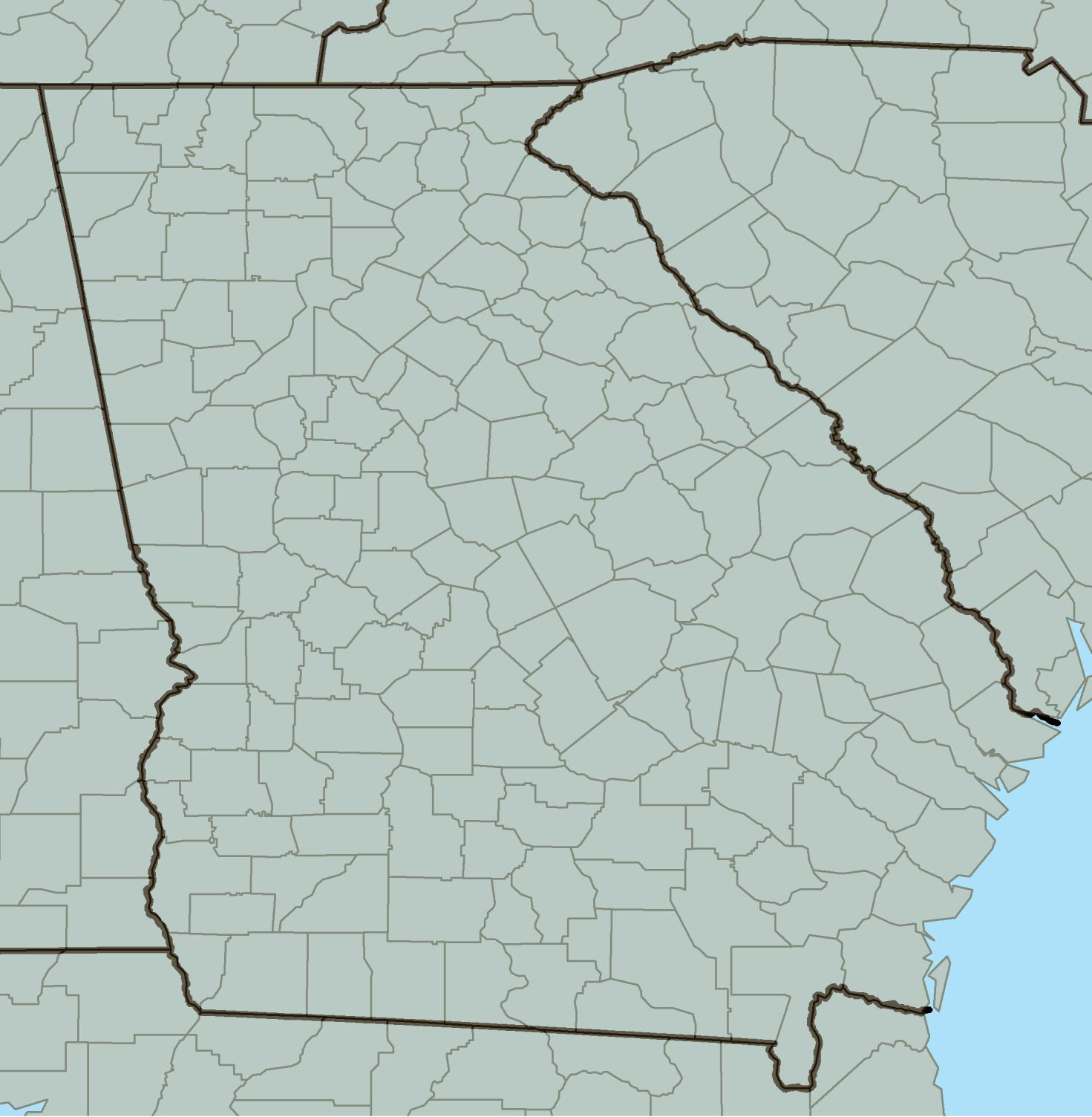
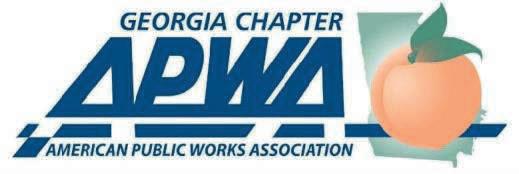


WEST

Memberships are extended to both current or past public works employees as well as to private company employees who interact with the American Public Works Association.
Membership comes with the opportunity to share common goals, challenges, and solutions with Public Works professionals throughout North America.
As a member, you’ll participate in local Chapter and Branch programs meetings – often at reduced pricing; gain exposure to more than 30,000 Public Works professionals; save money on the best education and training programs in Public Works, covering all disciplines with ability to receive CEUs and PDHs; gain free subscriptions to many infoNOW electronic networking communities and resources, including the APWA Reporter Magazine; receive free access to the Resource Center and registrations for live Click, Listen & Learn programs; and pay reduced pricing for books, videos, construction, water resources and more.
As a member, you’ll save up to 42% on registration for PWX, the NORTH American Snow Conference and most nationally sponsored workshops and e-learning programs; earn your professional certification credentials; have networking opportunities at the national, local chapter and/or branch level; and receive discounts on advertising opportunities in the APWA Reporter Magazine and exhibitor space at the annual PWX* (*Corporate Crown Level Group Memberships only ).
APWA is your primary resource for public works-related knowledge.
Become an Individual or Group Member of the APWA

Individual APWA membership automatically includes a one-year membership to your local APWA or CPWA Chapter.
Individual Membership is available to:
• any official or employee (active, retired, or life) of a government agency, manufacturer, supplier, contractor, student, or consulting firm who is actively engaged in the field of Public Works.
Group Membership is available to:
• Student Groups,
• Public Agency Groups,
• One-Call Center/System Groups,
• Corporate Groups,
• Prestige Corporate, and
• Crown Corporate.
To learn more about APWA’s membership groups and how to become a member, visit www.apwa.net
Membership comes with the opportunity to share common goals, challenges, and solutions with Public Works professionals throughout North America.
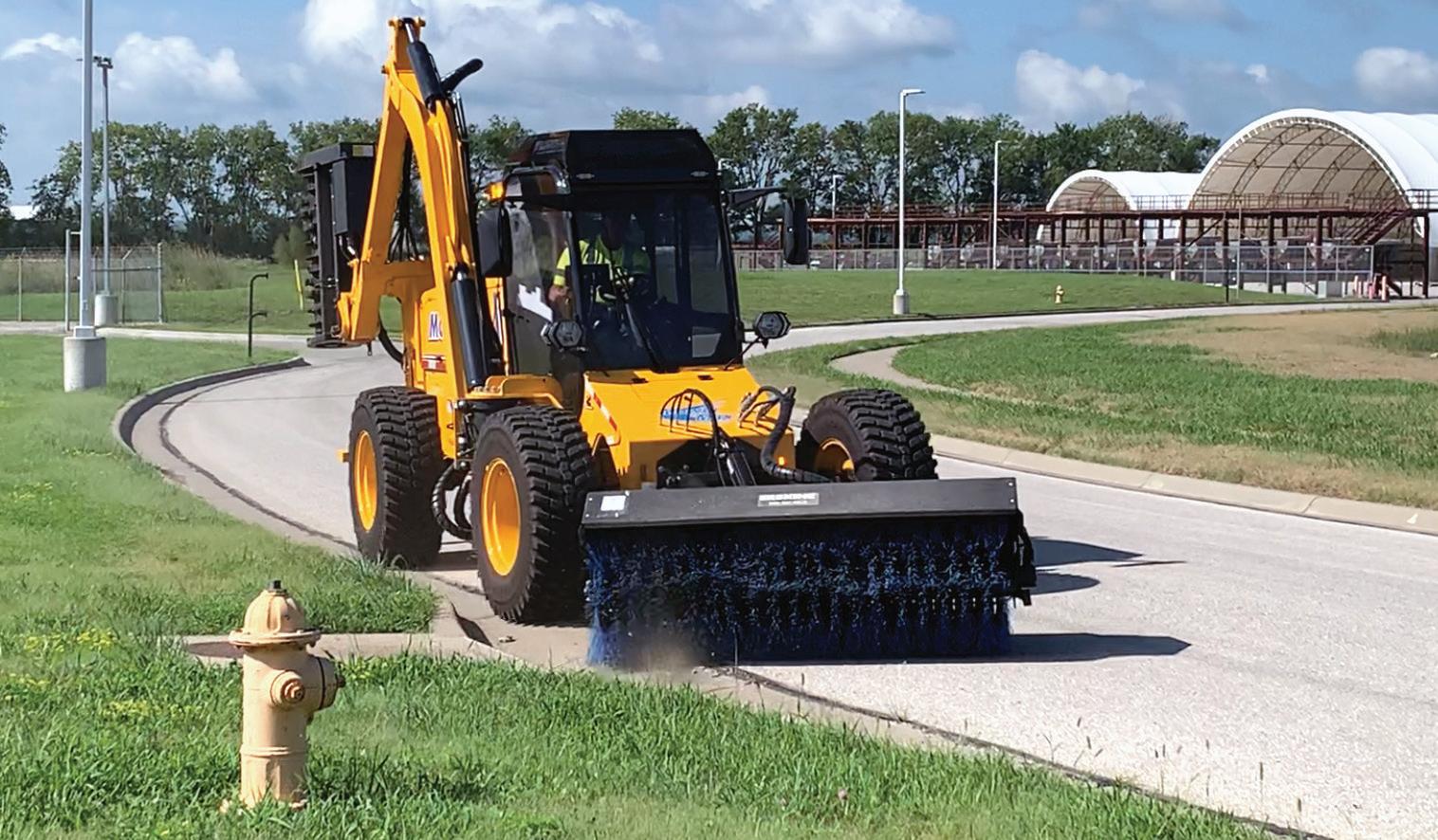

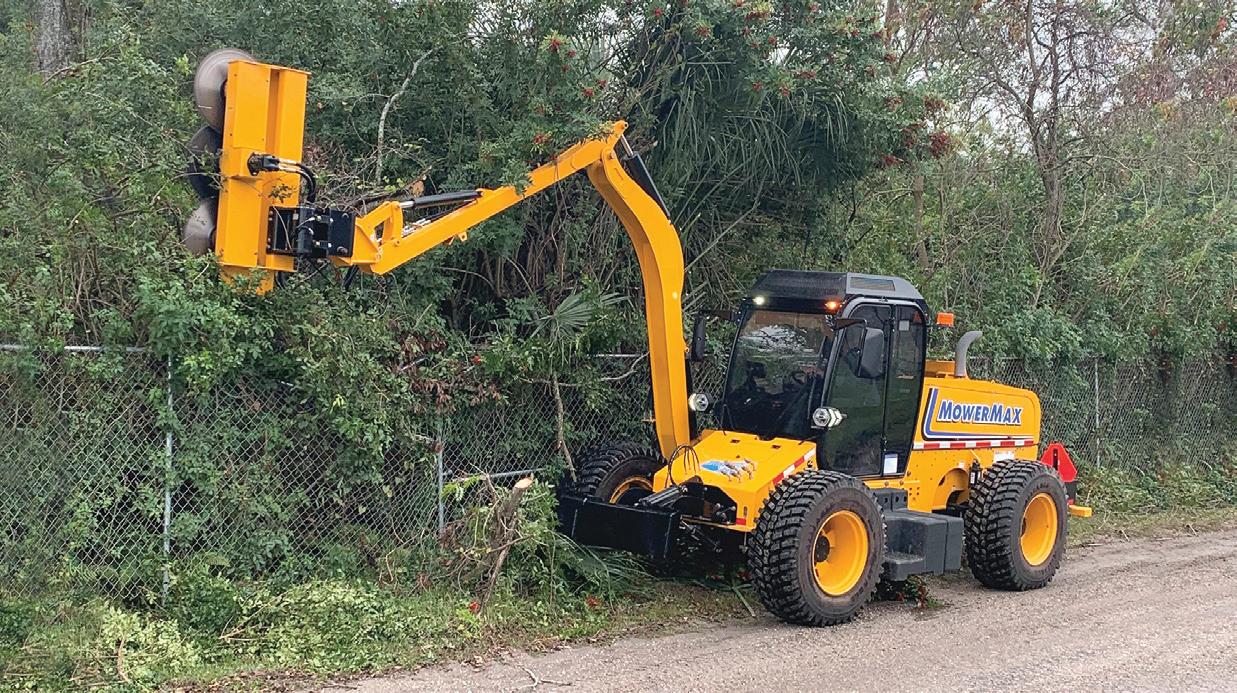


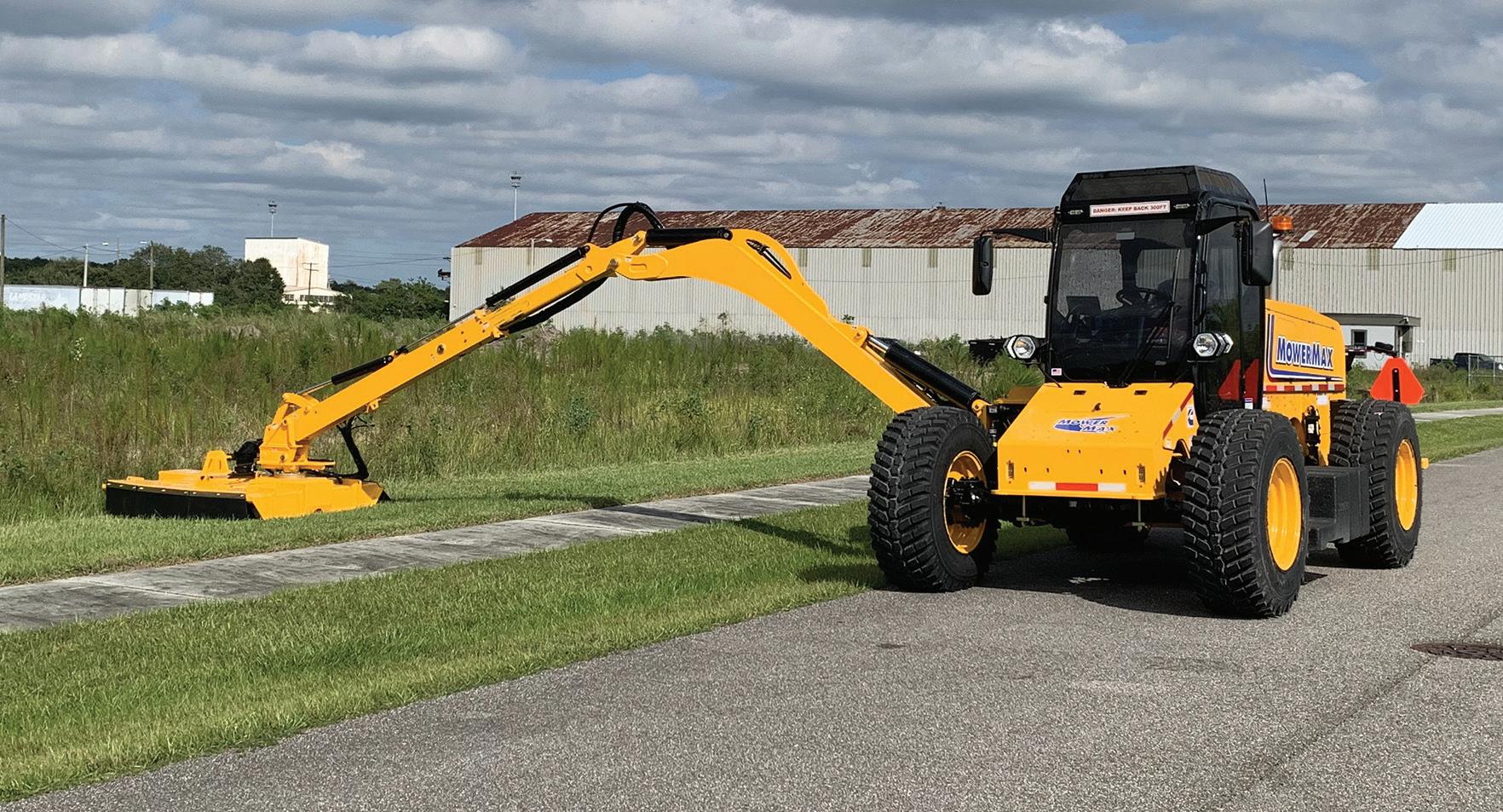

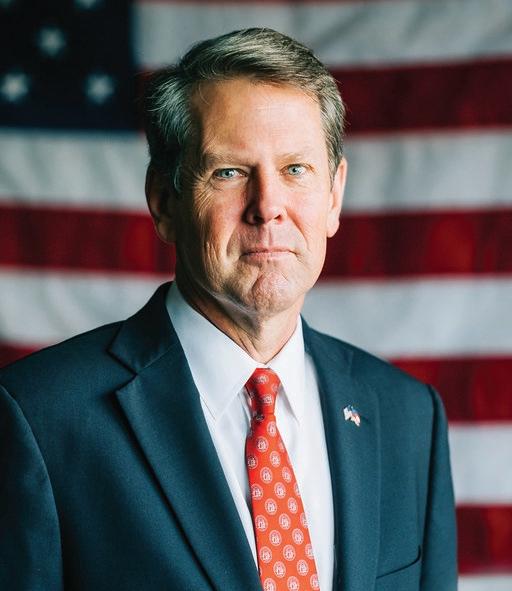
Atlanta, GA – Governor Brian P. Kemp recently announced the appointment of Benjamin “Ben” J. Tarbutton, III to the Georgia Ports Authority (GPA).
“Ben Tarbutton is one of our state’s most accomplished business and civic leaders,” said Governor Brian Kemp. “His extensive knowledge of Georgia’s logistical strengths and needs will be a great asset to the GPA and will strengthen its mission as one of the most crucial economic engines here in the No. 1 state for business.”
Ben Tarbutton, III is President of the Sandersville Railroad Company, which has been in operation since 1893 and hauls various commodities, including kaolin, wood chips, chemicals and plastics.


Tarbutton is active in his community and at the state and national levels. Presently, he serves as Chair of the Board of Directors of the Georgia Chamber of Commerce, Regional Vice President of the Southern
Region for the American Shortline and Regional Railroad Association, board member of the Georgia Research Alliance and the Georgia Tech Foundation, and Vice Chairman of the Washington County Industrial Development Authority. He is a past Chairman of the University System of Georgia Board of Regents, Leadership Georgia, and Washington County Chamber of Commerce, and past President of the Georgia Railroad Association and the Sandersville Rotary.
Tarbutton graduated with a bachelor’s degree in Management from the Georgia Institute of Technology. He resides in Sandersville with his wife and three children where they are active members of the Sandersville United Methodist Church.
About Georgia Ports Authority
Georgia’s deepwater ports are the state’s gateways to the world. They are the critical conduits through which raw materials
and finished products flow to and from destinations around the globe.
As a state authority, a 13-member Board of Directors governs the activities of the Georgia Ports Authority (GPA). The Board is appointed by the Governor from the state at large to serve four-year, staggered terms. An executive director – an experienced international transportation professional –implements policy directives, administrative duties, and managerial controls.
As one of the state’s largest public employers, the GPA directly oversees more than 1,500 trained logistics professionals. The GPA also generates hundreds of thousands of jobs throughout the state. Together with private sector partners, port-related operations account for more than 496,700 jobs annually and contribute $29 billion in income, $122 billion in revenue and $3.4 billion in state and local taxes to Georgia’s economy.





























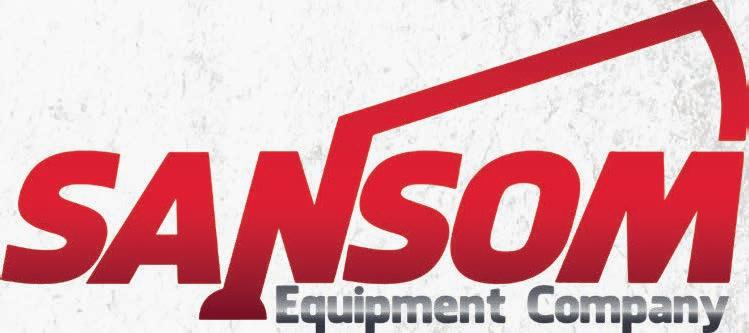







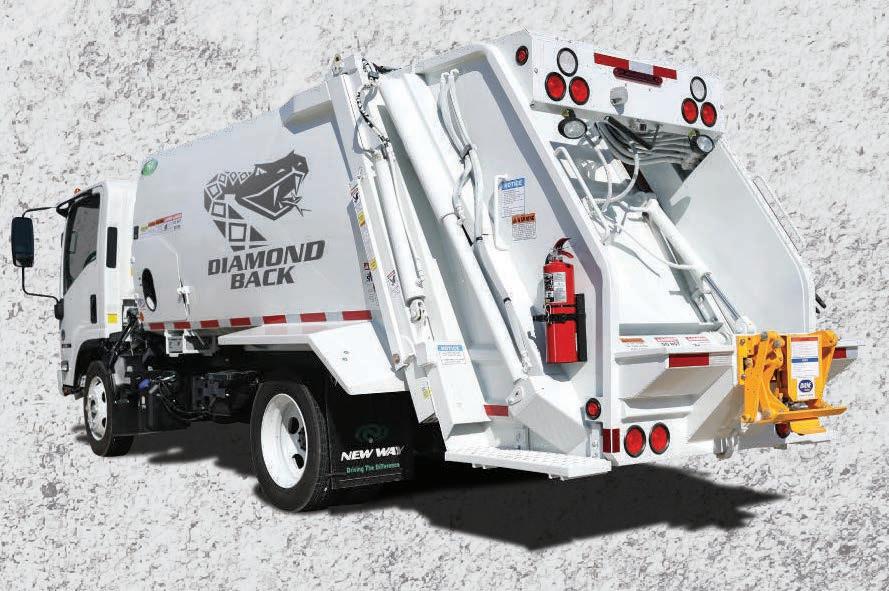


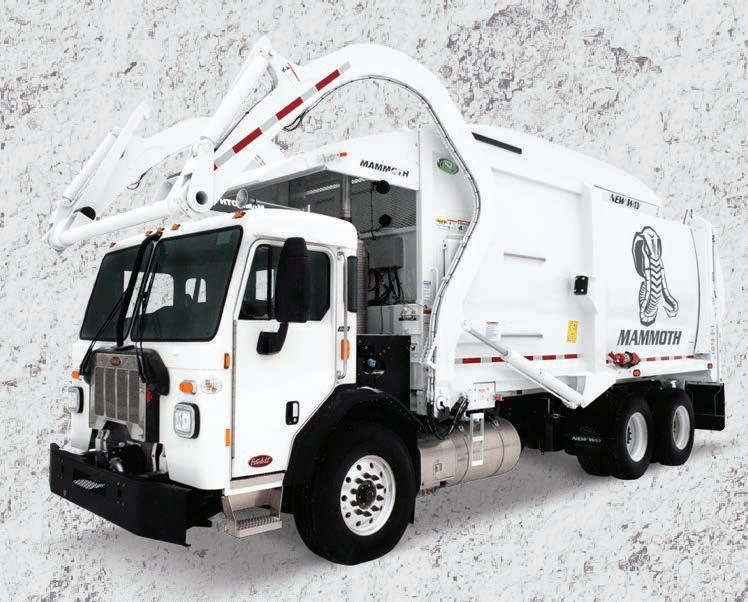


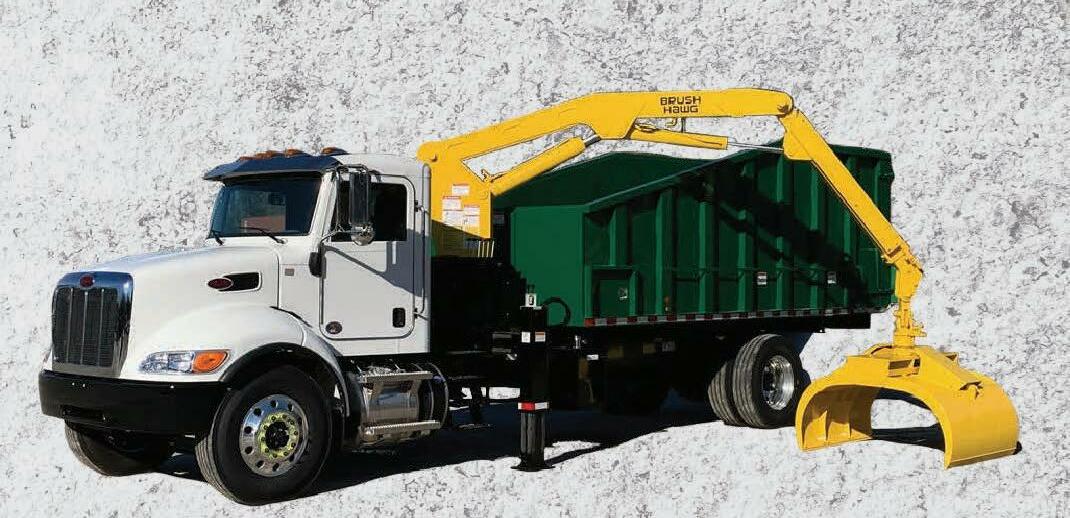












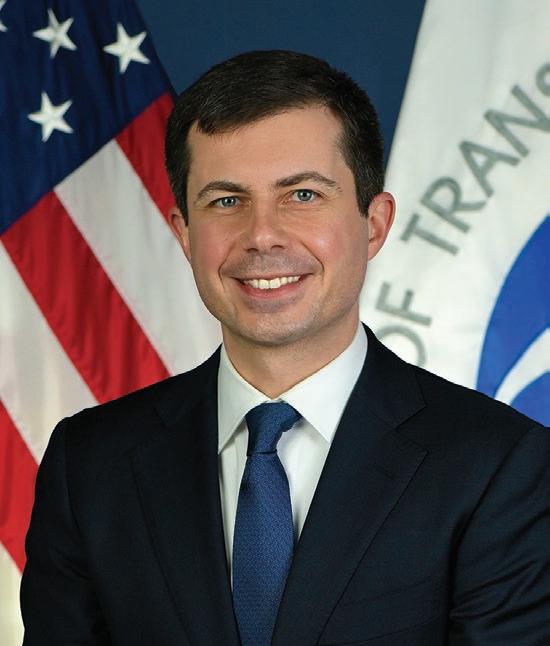
WASHINGTON – On November 30, 2022, as part of the second Tribal Nations Summit held the Biden-Harris Administration, U.S. Transportation Secretary Pete Buttigieg announced a slate of actions to build on the U.S. Department of Transportation’s ongoing work to deliver infrastructure funding to Indian Country. The President’s Bipartisan Infrastructure package, signed into law one year ago, includes $13 billion specifically for Tribal communities and unprecedented opportunities for competitive grant funding to carry out projects.
“After decades of harmful underinvestment in infrastructure, we now have a tremendous opportunity to modernize transportation in Tribal communities,” said U.S. Transportation Secretary Pete Buttigieg. “We’re proud to team up with Tribal leaders to announce important steps to improve roads, bridges, aviation, ports, transit, electric vehicle infrastructure, and transportation safety in Tribal communities now and in the years ahead.”
During the first day of the Summit, Secretary Buttigieg announced: • Regional Tribal Technical Assistance Program (TTAP) Agreements: DOT’s Federal Highway Administration has re-established six regional centers and will fund a seventh – replacing a single, centralized location – that will assist Tribal communities as they draw upon billions of dollars in funding to modernize their roads, bridges, and more. The regional centers will provide training, technical assistance, and technology services that meet the diverse geographical, topographic and climate conditions across Indian Country. TTAP centers complement
other DOT technical assistance resources designed to support Tribal, rural and disadvantaged communities. TTAP centers, and the critical nature of this assistance, was a central topic of discussion at all three tribal roundtables Secretary Buttigieg hosted in November with Pueblo Governors and Apache leaders in New Mexico, with Navajo leaders in Navajo Nation, and with Hopi leaders in Hopi Nation.
• Electric Vehicle (EV) Initiative for Tribal Nations: DOT is one of 10 Federal agencies supporting the Biden Administration’s EV initiative to ensure that Tribal Nations and Native communities are part of the EV future of the country. This includes mapping the proposed deployment of EV infrastructure; prioritizing projects that serve rural and underserved areas, including Tribal lands and communities; supporting Tribal Nations’ roles in the EV battery supply chain; releasing a new toolkit that will provide Tribes the information they need to start planning and implementing EV infrastructure projects; and more.
• Tribal Transit Symposium: DOT will host its first-ever Tribal Transit Symposium, which will be held in 2023. This symposium will provide Tribes the opportunity to meet with Federal Transit Administration leadership; receive technical assistance; learn about funding opportunities under the Bipartisan Infrastructure Law; and learn about the Tribal Transit Program, which funds planning, capital, and operating assistance for Tribal public transit services.
• Tribal Aviation Symposium: DOT, with the Federal Aviation Administration, will host the second Tribal Aviation Symposium in 2023. This symposium will be open to all 574 Federally Recognized Tribes and will cover grant applications, Tribal access to airports, commercial seaplane access, drone usage, and Tribal youth engagement and education.
• Tribal Maritime Roundtable: DOT’s Maritime Administration will host its first-ever Tribal Maritime Roundtable in 2023 to update Tribes on the Port Infrastructure Development Program, the America’s Marine Highway Program, and workforce development opportunities in the maritime sector.

• Improving Highway Safety in Indian Country: Motor vehicle crashes are a leading cause of death for American Indians and Alaska Natives. DOT’s National Highway Traffic Safety Administration is leading a multiagency effort to address highway safety in Indian Country and in 2023, NHTSA will expand the initiative. This campaign will bring awareness to the higher rates of fatal crashes in Indian Country and will include safety strategies for Tribes.
The announcements came on the first day of the two-day summit, which President Biden hosted in order to, among other things, help foster Nation-to-Nation relationships and advance an economic agenda that includes historic levels of funding specifically for Tribal communities and Native people, including $32 billion in the American Rescue Plan, $13 billion in the Bipartisan Infrastructure Law, and $700 million in the Inflation Reduction Act.
Go digital with APWA eBooks, now available in the Amazon Kindle, Google Play, and Apple Books stores. Purchase on any device and add it to your eReader library to access your books on any linked device—anytime, anywhere. Don’t wait! Purchase your favorite APWA publications in ebook form today!



Imagine witnessing someone being hurt, harmed, or seriously injured on our public roadway. Unfortunately, this happens far too often. Many engineering efforts have been put in place to help reduce this problem; yet, in 2020 alone, over 6,500 pedestrians lost their lives in vehicle-related incidents (www.iihs.org). This startling figure is something that Dr. Helen Brown-Dowdell knows firsthand as she witnessed a wheelchairusing member of her community be killed by a motor vehicle while using an intersection. Though her heart was heavy, she wanted this to change, she wanted things to be better for all people who use intersections, and thus Mobility Unlimited Technology Worldwide was born.
Shauncey: Helen, thank you for the opportunity to speak with you. Can you tell me more about you and your business and how it came about?
Helen (MUTW): Well, that’s a wonderful question and I’d like to speak to the fact that I am very grateful to be speaking with you as well. I began my work in this space by happenstance. It wasn’t particularly “Hey, I’m going into the traffic industry this morning, I want do something different,” it was more of a calling originally. Around the corner from my office a young man was killed in a crosswalk accident by a city dump truck driver. It was someone that I’d seen before in our community frequently. The city dump truck driver said he didn’t see someone that was crossing in a
crosswalk that was in a wheelchair, and the fact that the driver was under the impression that he hit a bump was troubling. I could not shake the feeling of the inhumanity in that tragic accident, and I was compelled to do something about it. I was thinking what we can do to prevent this from happening again just in our community. I went home that evening to take care of my father, he was a veteran and wheelchair user as well and I began sketching an idea that could potentially be incorporated into the existing traffic system.
Shauncey: What is some advice you have for those doing the work to create public infrastructure for all?
Helen (MUTW): We (MUTW) spent a lot of time in research and development, that’s important especially for young folks that are thinking of devising solution-based ideas, we don’t put the cart before the horse. We must consider human capital, and human-centered design, which is essential when you’re talking about creating things conceptually that are going to affect the majority of individuals. A united effort creates a bona fide unified system where we’re working together to safely integrate and include the population of independent wheelchair users, blind pedestrians, small-statured individuals, and those who are pushing babies in strollers. Those mothers and fathers, caretakers as well, utilize crosswalks to get to points of interest.
An owner, and founder of Mobility Unlimited Technology Interview by Shauncey Battle-Williams, ADA Director, City of Atlanta Department of Transportation; member, APWA Committee for Diversity, Equity and Inclusion
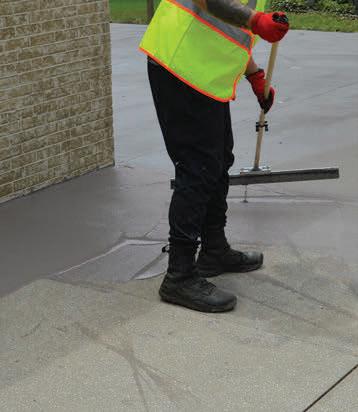

Shauncey: You mentioned human-centered design, can you expound on what that looks like?
Helen (MUTW): You should always keep the demographic of individuals of whom you’re planning for in mind. Until you’re in a situation where your own physical abilities change, whether it’s ambulatory or being born with mobility concerns, those are things that you must think about. This is a large population of individuals to consider when planning, and we have to include all types of people. What we’re looking at is not really an engineering problem, it’s an opportunity-presented solution. Because technology, medicine, and science have far outpaced development,
infrastructure is essential as foundational but to build upon that you do need technology. There is a need to catch up with current trends in the medical industry. Research science and medicines show how individuals whose critical needs may require access and not just from the medical standpoint but from a quality-oflife standpoint.
If you think about individuals who use mobility aid to travel or to exercise, the environment is important. Especially in walkable and rollable areas, not just curb cuts, they need that sort of infrastructure support for their overall well-being. The mortality rate of someone who may have sustained a spinal cord injury increases after an incident, and once they sustain that kind of injury, it’s so critical from a health aspect that they be able to go out and enjoy outside like anyone else. A term that is used in the disability community is called ableism and that’s basically when any sort of solution is centered after people who are able-bodied, and that’s not really the world in which we live.

Shauncey: What is the goal of MUTW and how can people learn more?



Helen (MUTW): Our goal is to provide accessibility globally and specifically right here at home in the United States. We are the leaders in so many different industries and traffic is not anything different. So, our goal is to make sure that we provide accessibility for all. One thing my late father used to say was that accessibility is a human right, it’s not a privilege, it’s a right and responsibility and the responsibility falls on the ones who are in position to make decisions on what we need to do. Some of the inequalities as an entrepreneur in the traffic industry space can be seen as opportunities. I’m a black woman with a very diverse background. I have people in my family who are black, white, from the Philippines, family members with disabilities, we have a beautiful diverse familial community. This helps guide my perspective in this field. I would want people to know that our goal is to make sure that we create a standard that is duplicated all over the United States and globally. Our ideas for mobility within intersections highlight the international symbol for accessibility and provide access to those of varying ability.
For more information visit www.wheeldestrian.com or email Helen at helen@wheeldestrian.com.
The 10th edition of the Public Works Management Practices Manual and SelfAssessment Software is now available for purchase.
The Public Works Management Practices Manual provides an outline for evaluating an agency’s operations through the selfassessment process.
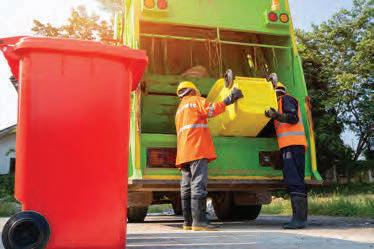

The self-assessment software is a tool for tracking progress and organizing documents. The public works selfassessment provides opportunities for continuous improvement for the agency’s overall operations, ultimately leading to better quality of life for your community.
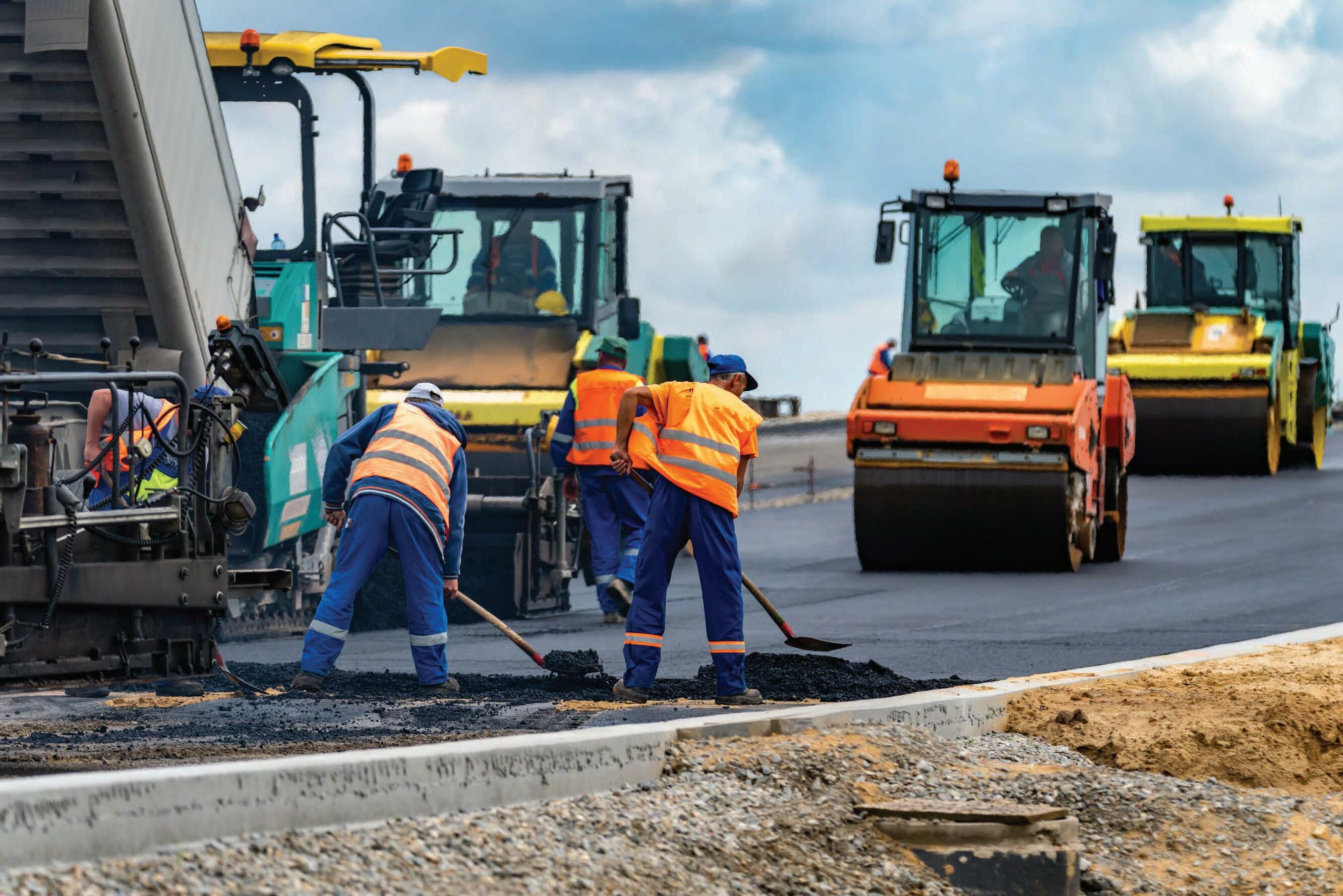
• Establish an agency-wide culture of continuous improvement
• Improved operational performance
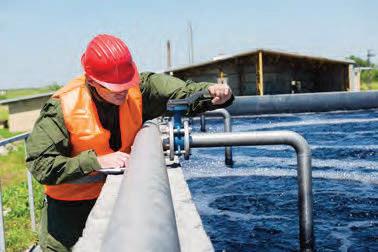

• Team building and staff development
• Succession planning / institutional knowledge retention
• Increased efficiencies / reduced duplication and wasted resources

• And more!

APWA is now offering a virtual workshop, “Principles of PW Self-Assessment.”



This workshop is intended to provide an opportunity for agencies getting started in the self-assessment process to gain a better understanding of the requirements to successfully complete a review.
Using the PWMP Manual and Software, your agency will develop tools to organize and maintain momentum to complete the self-assessment.
Cost: $500.00
Length of Workshop: 2.5 hours
For more information: email accreditation@apwa.net.


OAPWA Chapter Leaders and the Council of Chapters convened in Kansas City, MO. Attendees participated in training sessions and workshops. The keynote speaker for this year’s event was motivational speaker Morris Morrison.



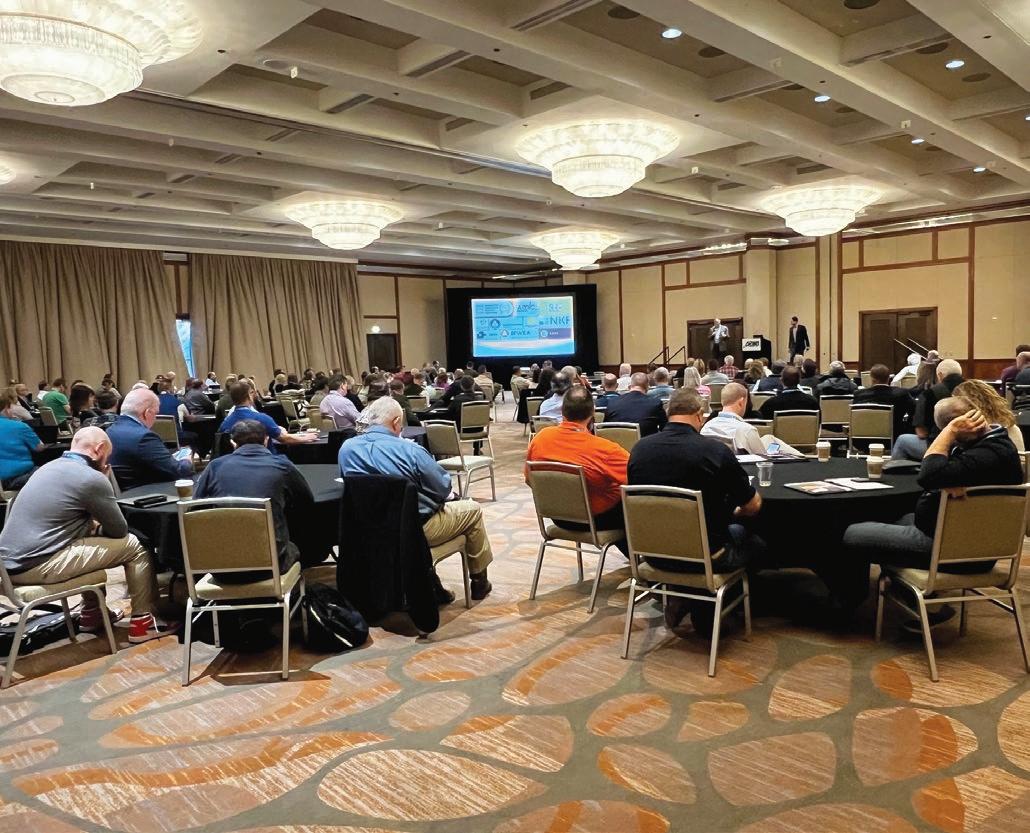
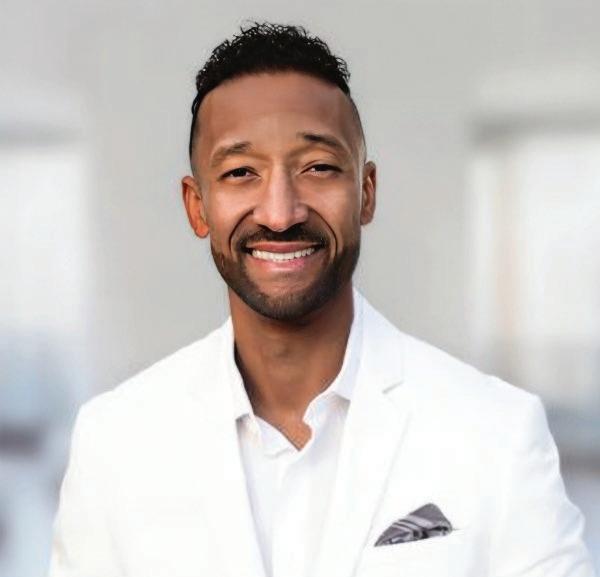

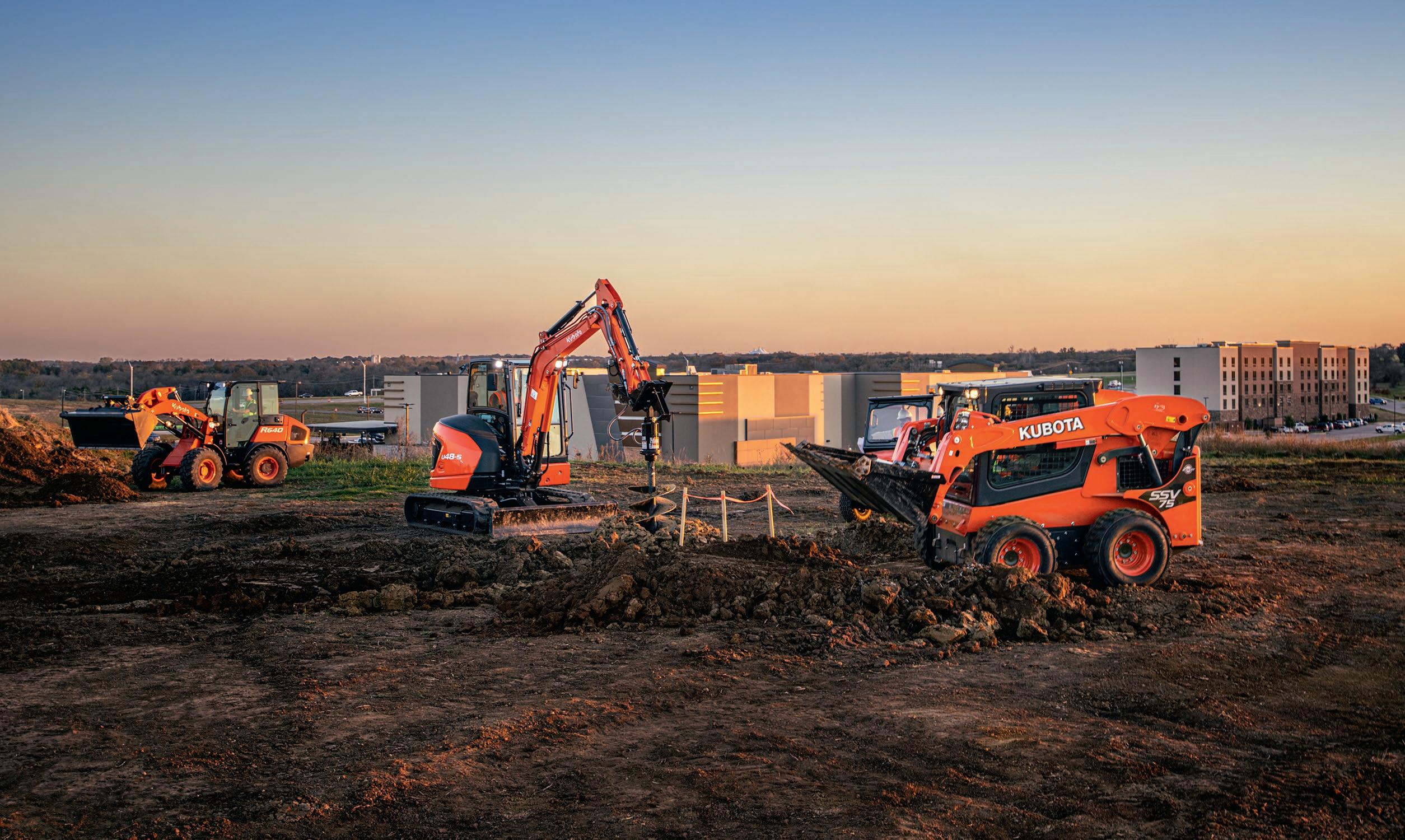
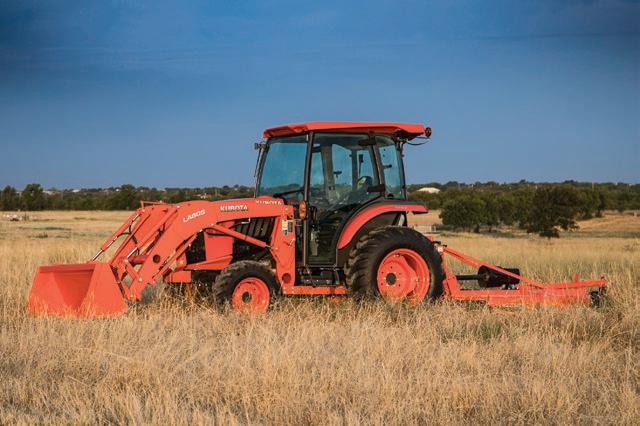

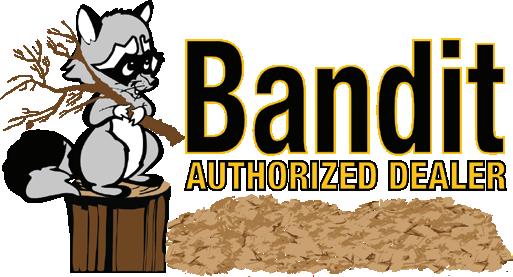


• 1.2 million+ visitors per year!




• Nearly 20,000 public works career opportunities posted in the last 6 years!
• 5,400 searchable résumés provide employers access to the most qualified public works candidates!
During these challenging times, public works is still working to keep communities safe. Whether you’re working on the front lines or remotely, APWA’s WorkZone is here to support you. Post job advertisements, search open positions, and find additional career resources on the WorkZone website.


Picture this, you are sitting at your desk checking emails, and then, there it is, that dreadful email from your Human Resources department – it’s time for your performance review (*sigh*). If that is how you feel, you are not alone. Performance reviews take a lot of time and energy to do, especially when it has been
a year and you have nothing documented over the last year to help you out. But to be fair to your employees, many people want the feedback. And maybe the review means a potential raise for the employee.
So how do you get around it? Well, you probably can’t, but you can make the performance review less painful with
a better process. My recommendation? Use the ‘5 FOCUSed Conversations.’ Employees should always know where they stand, a performance review should be a documented recap of their year with no surprises, and these ‘5 FOCUSed Conversations’ will most definitely get you on the right track.


During my time as a Public Works Director, Ignite Global hosted the Mind Reading for Managers course for public works managers and supervisors. The ‘5 FOCUSed Conversations’ concept came from that training, and it is valuable for all teams, big or small. The topics of the ‘5 FOCUSed Conversations’ include Feedback, Objectives, Career Development, Underlying Motivators, and Strengths.
Providing feedback and discussing objectives should happen regularly, as in no less than monthly. Discussing career development, underlying motivators, and strengths can happen quarterly since interests for these topics don’t really change monthly. In fact, you can pick

one each month in addition to providing feedback and discussing objectives, and you now have your schedule.

These conversations can help provide the content for your employees’ performance reviews, so all you would need to do is summarize a few things from your conversations and voila, the performance review is done! In order for this to be successful, your ‘5 FOCUSed Conversations’ need to be documented.

The ‘5 FOCUSed Conversations’ are described below:
This conversation allows the manager/ supervisor to give feedback to the individual by telling them how they
are doing and to praise them. But the important part of this conversation is to provide them with a voice as well. Creating this two-way conversation will go a long way and will allow your staff member to open up and share what is working and what is not. This is also an opportunity to share news or updates on things going on in your organization.
As a manager/supervisor, it is necessary to provide feedback to your employees. How can anyone improve or make changes if they didn’t know it was an issue? This happened to me. My supervisor was frustrated about something that happened, and during that conversation, many other things came up that were becoming a problem

“ As a manager/supervisor, it is necessary to provide feedback to your employees. How can anyone improve or make changes if they didn’t know it was an issue?
for her. They were a lot of little things that were easy fixes, but I had absolutely no idea they were issues until we discussed them. I made a conscious effort to make the necessary changes and asked for feedback at our monthly meetings to avoid that built-up frustration from happening again.
This conversation allows the manager/ supervisor to review goals, objectives, and accomplishments, as well as to help define expectations and hold the staff member (yourself included) accountable. Common excuses you may hear or actions you will see if they are not holding themselves accountable include saying, “it’s not my job,” ignoring or denying the issue, pointing fingers or blaming others, waiting to see what happens, or confusion – “tell me what to do.” Correct that behavior immediately.



If employees are not performing well, it is the manager’s responsibility to sit down with the employee to talk about what is going on, and perhaps develop a performance improvement plan to get the employee back on track. Don’t be afraid to ask why they are not meeting their objectives, or ask if there is anything you can do to help them. Maybe they are overwhelmed and have too much on their plate, or perhaps there are some personal issues affecting their work. If the employee continues not to meet their objectives, then it may be best to give them an opportunity to be successful somewhere else.


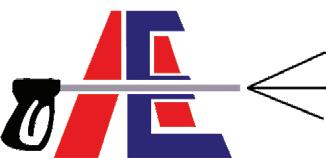

This conversation is often overlooked but is very important. Either the manager/ supervisor feels they know what is best for the employee, or they may be afraid of what they will hear. For example, the person may desire to be a teacher, yet they are working as the operations manager in your organization. The bottom line is that the more the manager/ supervisor can help the individual achieve their goals, the happier and more productive the employee will be.

Get the conversation started by asking two simple questions: “Where do you see yourself in three to five years?” and
“What can we do to help you reach that goal?” By having this conversation, you can plan special training or workload based on what they say, which will, in turn, create a trusting relationship with your staff member. They will feel like you care about them and their future. Maybe the person that wants to be a teacher can be fulfilled by leading trainings in your organization –a win-win! But you would never know unless you asked.
I used to have this conversation quarterly, and this proved to be such a success! My operations manager told me she desired to be the engineering manager one day if that position became vacant. Well, a few months later, the engineering manager left, and I felt stuck, but then I remembered
my conversation with my operations manager! This switch happened and was one of our organization’s best decisions.

Knowing what motivates your team or individuals on your team can help your team generate more innovative and creative ideas, and may result in higher-level performers. Give your team autonomy, tell them what the end result is, and allow them to self-direct and make independent decisions to get to that result. Allow them to master their skills by giving them training or support to make them better. Give them a sense of purpose; if their job allows them to feel like they are contributing to the organization, then they will continue to perform.

Knowing what tasks excite your team members is crucial to your organization’s success. When an individual works on something where they feel confident or know they
will excel, then that may lead to effectively and efficiently completing more tasks.


I hired a manager from the police department to fill a vacant
manager position in my public works department. His strengths were definitely with emergency management with all his training, and he loved it. That responsibility fell under our assistant director’s role; however, she was not as strong in emergency management. Budgeting fell under his responsibility, but that was not his strength. So, what did we do? We switched their responsibilities – he started doing emergency management, and she started doing budgeting. We catered to their strengths by making that switch, and the employees felt empowered, and they both excelled tremendously in those roles.
Performance reviews don’t have to be a painful process. By having these ‘5 FOCUSed Conversations,’ you will be more in touch with your team, and they will know that you care about them and their futures. Managing people is a skill, and skills can be learned. If you struggle in this area, reach out to me. I have some tools that can help you be successful. Good luck,
“ Give them a sense of purpose; if their job allows them to feel like they are contributing to the organization, then they will continue to perform.
“ By having these ‘5 FOCUSed Conversations,’ you will be more in touch with your team, and they will know that you care about them and their








This publication is printed on Forest Stewardship Council® (FSC ® ) certified paper with vegetable oil-based inks. Please do your part for the environment by reusing and recycling.





















Advertiser
GEORGIA PUBLIC WORKS MAGAZINE is made possible by the companies below who convey their important messages on our pages. We thank them for their support of the APWA Georgia Chapter and its publication and encourage you to contact them when making your purchasing decisions. To make it easier to contact these companies, we have included the page number of their advertisement, their phone number, and, where applicable, their website.
Page Phone Website
Aqua Engineers 25 888-291-6677 www.aqua-engineers.com
Asphalt Paving Systems 3 912-800-3980 www.asphaltpavingsystems.com
Atlantic & Southern Equipment, LLC 32 404-361-1100 www.atlanticandsouthern.com
Bobcat of Atlanta 24 770-242-6500 www.bobcatofatlanta.com
ClearWater Solutions, LLC 28 877-230-6228 www.clearwatersol.com

Dobbs Equipment 31 www.dobbsequipment.com
Engineered Restorations, Inc. 28 770-682-0650 www.er-inc.net
Environmental Products Group 29 404-693-9700 www.epofc.com
Ergon Asphalt & Emulsions, Inc. 2 601-933-3000 www.ergonasphalt.com
Mason Tractor Co. 21 770-957-3370 www.masontractor.com
MowerMax Equipment Co. 12 813-781-0100 www.mowermax.com
Pavement Technology, Inc. 26 800-333-6309 www.pavetechinc.com
Ruby-Collins, Inc. 8 770-432-2900 www.ruby-collins.com
Sansom Equipment Company 14 251-631-3766 www.secequip.com
Synagro Technologies, Inc. 13 800-370-0035 www.synagro.com
Syntech Systems/FuelMaster 13 800-888-9136 www.myfuelmaster.com
Tradewinds Power Corp 4 800-223-3289 www.tradewindspower.com
Unique Paving Materials 18 800-441-4880 www.uniquepavingmaterials.com
WASCON 6 931-823-1388 www.wasconinc.com
Contact Rod Evason to put Georgia Public Works to work for you.
To reach Georgia’s Public Works professionals through Georgia Public Works and its targeted readership, contact Rod at your earliest convenience to discuss your company’s promotional plans.
Rod Evason
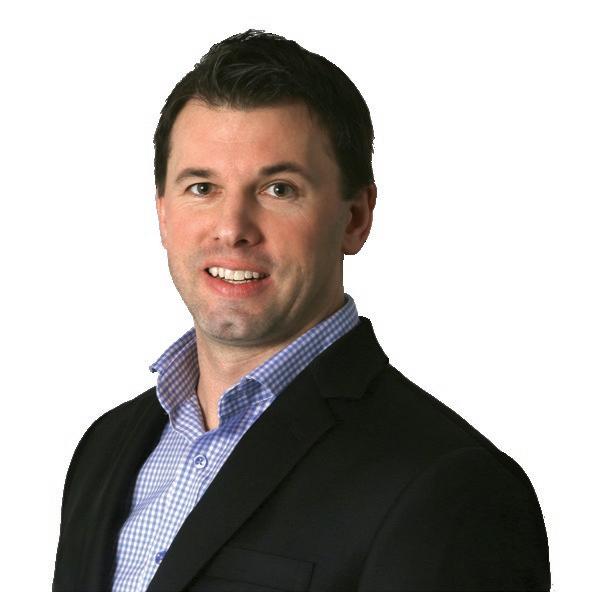
Marketing Manager

P 877-985-9710 E rod@kelman.ca
Published for APWA
On today’s jobsite, precision is power. Dobbs Equipment is an authorized John Deere dealer, with approximately 30 locations throughout Florida, Georgia, South Carolina, and Alabama. Dobbs Equipment offers the complete line of John Deere construction and forestry equipment, certified John Deere parts & service for all product categories, and offers industry leading support and solutions across all customer segments. Call or visit us today to learn more.



